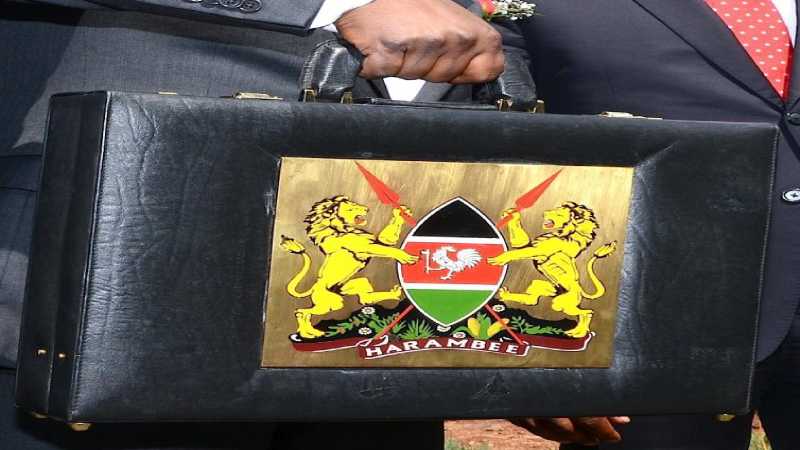×
The Standard e-Paper
Home To Bold Columnists

NAIROBI, KENYA; On Thursday, Kenya is set to break the record again with a Sh3.07 trillion budget to fund its activities for the 2018/2019 financial year that gets underway on July 1.
But even as the National Treasury and Planning Cabinet Secretary Henry Rotich prepares for his big day, questions abound on whether taxpayers have benefited from the Sh2.6 trillion budget he presented in March last year.